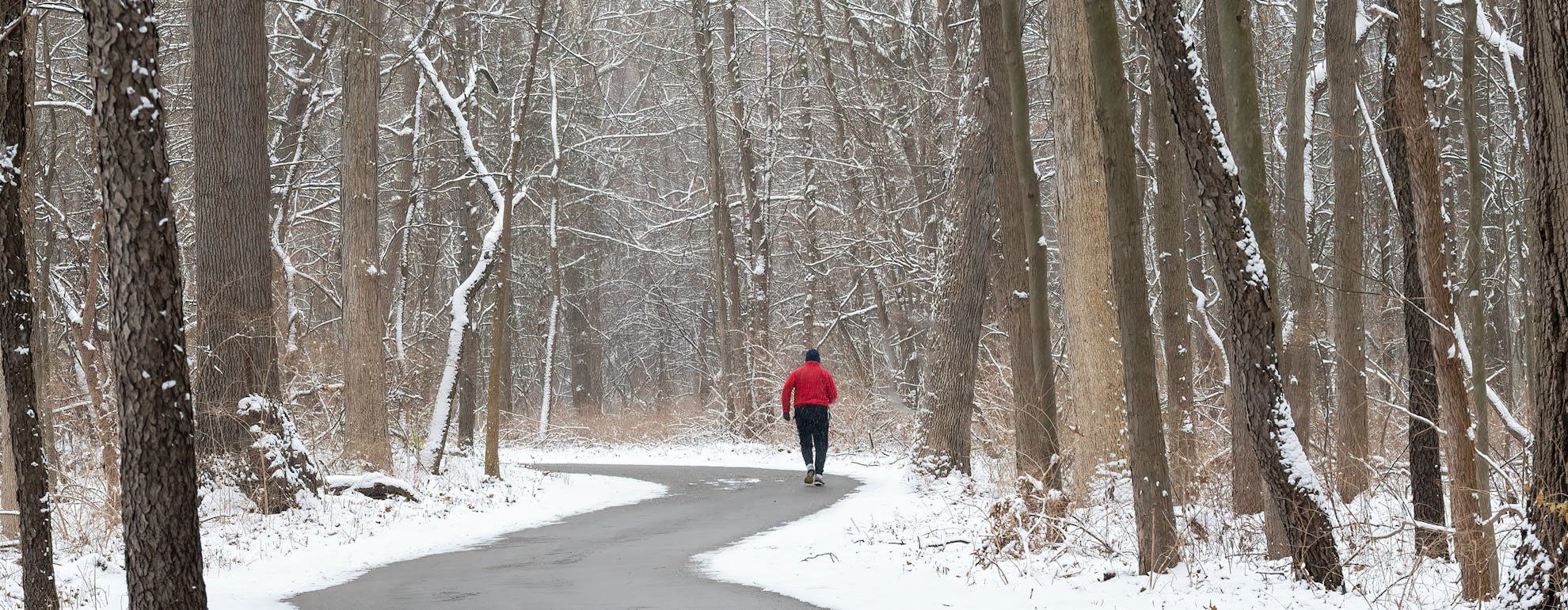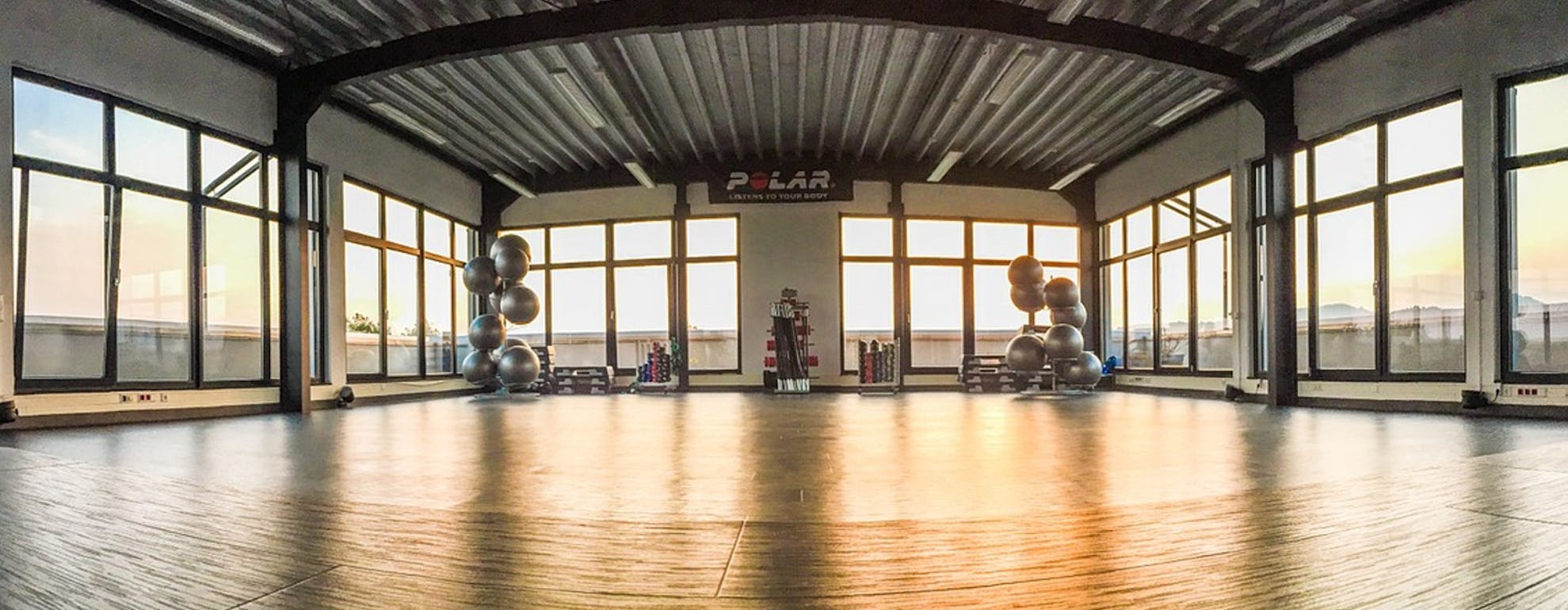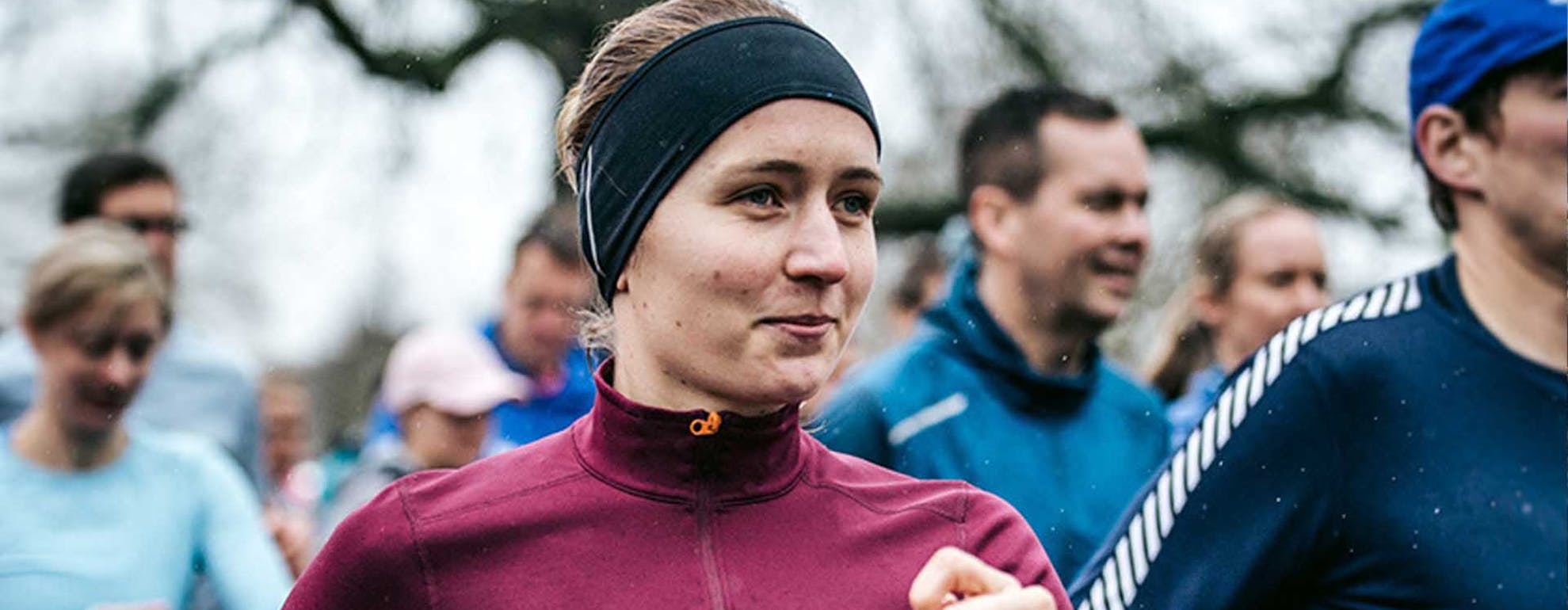
5 Top Tips for Running in Snow
It may be snowing, but this needn’t put a stop to your training. Snow can bring a fun element to your running, along with magical scenery and a challenging workout when approached with care. Here are our top tips for staying safe, warm and protected while taking on the elements.
ㅤ
1. Run on Fresh Snow
For better traction, run on fresh as opposed to packed snow or ice. Not only does this reduce the likelihood of slipping but also means a more intense workout as your body works harder to counter the softer surface.
ㅤ
2. Get a Grip
Wear trail shoes with an aggressive outsole for maximum traction and grip, and with supportive overlays in the upper to secure your foot. A waterproof upper such as Gore-Tex can also be a godsend for avoiding cold, wet, chilly feet, but bear in mind that the trade-off is that if the snow is deep and gets inside the shoe, it can’t escape – and your feet will stay wet.
ㅤ

Photo by Diana Parkhouse on Unsplash
ㅤ
3. Slow Down and Focus
To reduce the risk of slipping or falling, shorten your stride and slow down. The increased intensity of running on snow will help counter slower speed and will give your body a different type of workout. Also bear in mind that your muscles will take longer to warm up in cold temperatures, and adjust your workout accordingly. Focus on the route ahead and be mindful of snow covered cracks, ruts or holes. When in doubt on uneven and icy surfaces, walk.
ㅤ
4. Layer Up and Cover Up.
Layer up with a warm wicking baselayer with a wind/water resistant outer layer and long tights to protect against the elements. Laminated water and wind resistant thigh panels and brushed fabrics really come into their own here for maximum comfort, and the temperature regulating qualities of Merino wool socks are a great option to help keep your feet warm without overheating.
A thermal hat/headband to protect your ears and gloves are a must. Also consider that you’ll probably be running slower than usual, or stopping to walk at times, so you might want to consider an extra layer. Hi-viz is always a sensible option where visibility is reduced in low light and challenging weather conditions. A buff is a useful option for covering the lower face and it’s also a good idea to protect exposed skin on your face from biting wind with moisturiser or Vaseline.
ㅤ
5. Embrace the Elements & Take Care
Running in the snow can be both a tranquil and yet exhilarating experience, but needs additional care and planning. As always, but particularly in hazardous conditions, it’s a good idea to let someone know your planned route in advance, and to take your phone and some change along too. Stay safe, warm and protected, keep your focus and embrace the elements. Have fun out there!
ㅤ
Looking for some training tips and advice? Then head over to our Training category where our athletes and experts explain everything you need to know.
Welcome
Welcome to the SportsShoes Training Hub! We’ve teamed up with athletes and experts to bring you the very best advice on how to maximise your workouts and achieve your best results.
Read More
Share this
Featured Articles
View All



